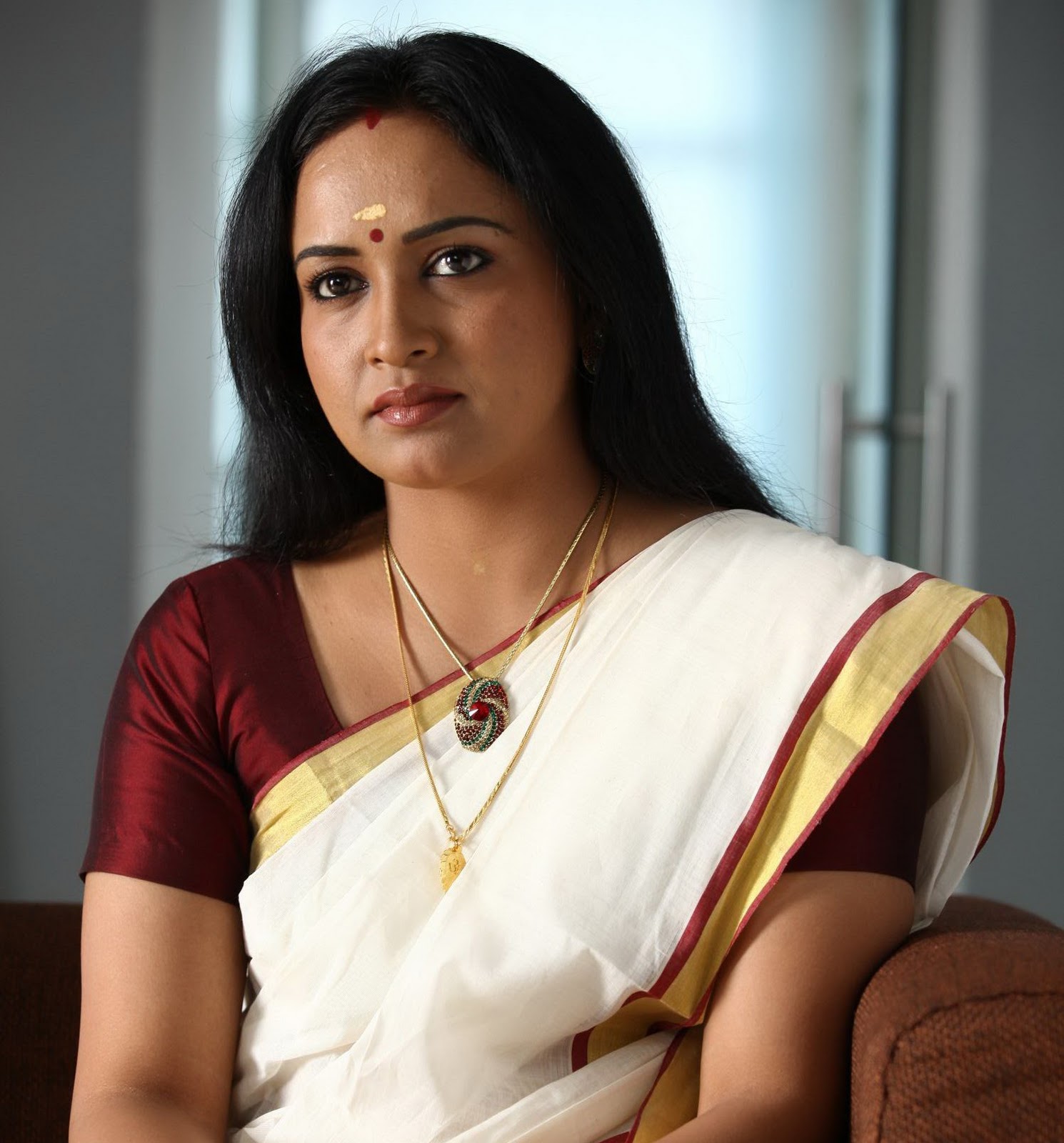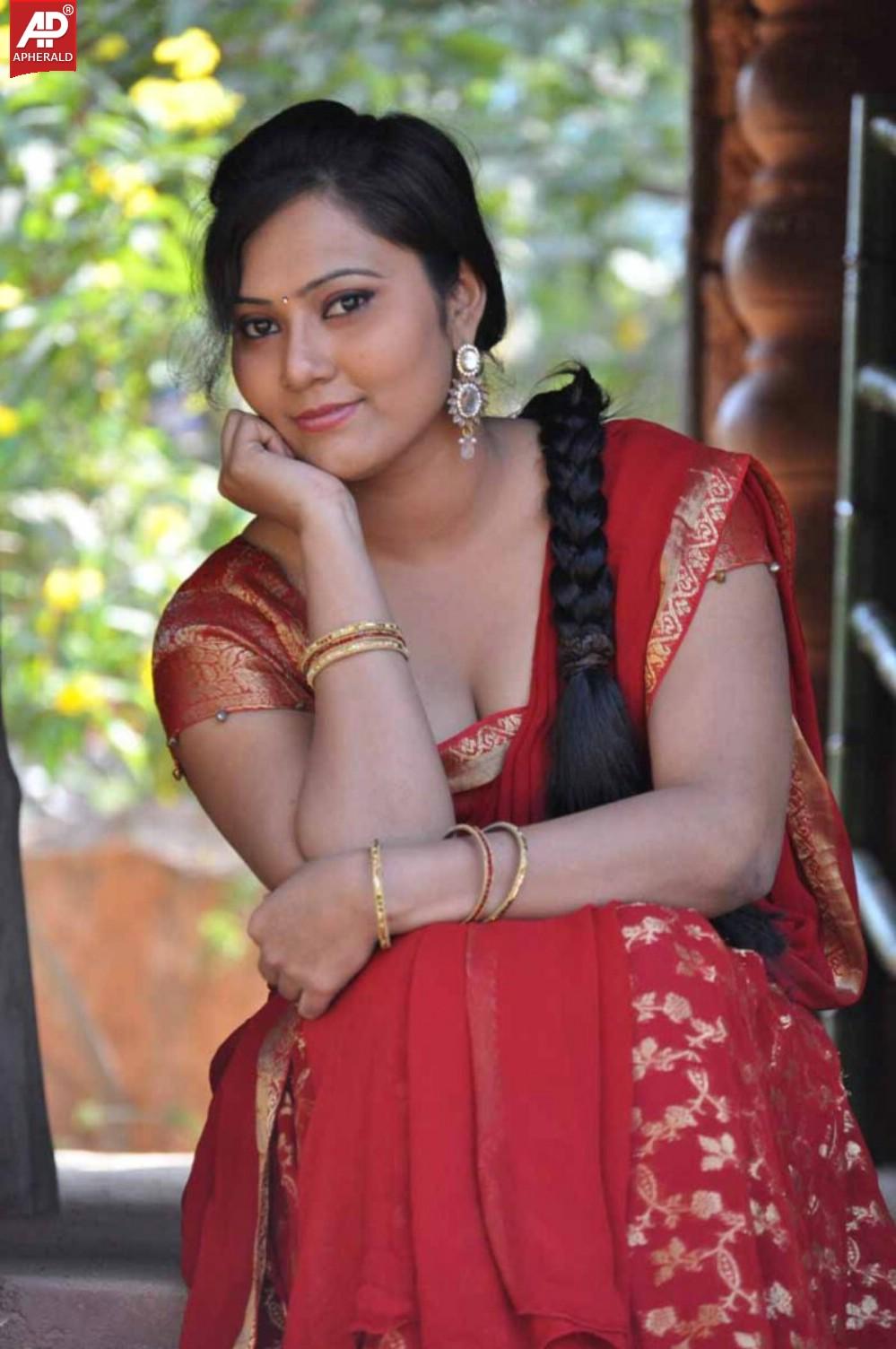Can a single word carry the weight of an entire culture, its history, and its identity? The answer is a resounding yes, particularly when that word is "Mallu," a term deeply entwined with the vibrant tapestry of Malayalee culture.
The digital landscape, a realm of boundless connection and instantaneous communication, has become a breeding ground for both celebration and contention surrounding this very term. From online communities to social media feeds, "Mallu" has become a focal point, sparking dialogues, igniting debates, and, at times, causing deep offense. This exploration delves into the multifaceted nature of "Mallu," dissecting its various connotations, examining its usage across different platforms, and ultimately, striving to understand the delicate balance between cultural pride and potential misinterpretation.
Before we proceed with deeper exploration, let's clarify the core context. The term "Mallu" typically refers to individuals of Malayali descent, hailing from the state of Kerala in southwestern India. Kerala, often dubbed "God's Own Country," boasts a unique cultural identity, characterized by its lush landscapes, rich literary heritage, and a strong emphasis on education and social progress. However, the term's perception, and the feelings it evokes, are far from uniform. For some, it's a badge of honor, a symbol of shared heritage and belonging. For others, it carries undertones of stereotyping or, in extreme cases, even disparagement. The journey through the varied landscapes of this term begins with a close look at its various interpretations.
To further illustrate the layers associated with "Mallu" and provide a snapshot of the cultural context, let's look at a hypothetical individual with strong ties to the community.
| Category | Details |
|---|---|
| Name | Aiswarya Nair |
| Date of Birth | August 14, 1990 |
| Place of Birth | Kochi, Kerala, India |
| Nationality | Indian |
| Languages Spoken | Malayalam, English, Hindi |
| Education | Bachelor of Arts in Literature, Master of Arts in Communication |
| Career | Journalist, Content Creator |
| Areas of Expertise | Malayalam Literature, Cultural Studies, Social Media, Digital Storytelling |
| Notable Achievements | Award-winning blogger, contributor to prominent Malayalam news portals. |
| Cultural Affiliations | Member of the Kerala Sahitya Akademi, active participant in local arts festivals, and promotes the preservation of Malayali traditions |
| Online Presence | Active on Instagram (@aiswaryakn), and hosts a popular podcast discussing malayalee culture and current affairs. |
| Reference Website | Kerala Sahitya Akademi |
It is important to note that individuals within the Malayali diaspora display varying levels of engagement with the term "Mallu". Some embrace it as a marker of unity, a shorthand for shared experiences and a common cultural background. They utilize it within online spaces, to identify and connect with others from Kerala. These are often individuals committed to preserving their cultural heritage, fostering a sense of community, and promoting awareness of Kerala's distinct identity on the global stage. This celebration, at times, is quite visible on social media. For instance, the hashtag #Mallu can easily unlock volumes of content celebrating food, art, and traditions of Kerala.
Conversely, others may harbor reservations about the term, viewing it as potentially reductive or even pejorative. They may perceive it as a simplification of their complex identities, overlooking the diversity within the Malayali community. Such individuals might feel that the term encourages stereotyping, reducing their experiences and backgrounds to a single, often superficial, label. The roots of these reservations are sometimes found in experiences of prejudice or misrepresentation, where the term has been used to generalize or dismiss Malayalis' unique contributions to Indian and global societies.
The online sphere, with its inherent characteristics of anonymity and scale, has amplified the complexities surrounding the word "Mallu". Online forums, social media groups, and various online platforms provide spaces for Malayalees to connect. These platforms also attract a wider audience, allowing discussions on Malayali culture and heritage. However, such spaces are also a reflection of the real world. This is where negative comments about the term "Mallu" often emerge.
One cannot ignore the fact that the term "Mallu," in certain contexts, has been used as a tool for stereotyping. It is imperative to recognize that the Malayali community, like any other cultural group, is not monolithic. The term, when used carelessly, can serve to flatten the diversity that exists within this vibrant community, ignoring variations in socio-economic backgrounds, religious beliefs, and regional affiliations. This can lead to misrepresentations, reinforcing inaccurate ideas about the people and their ways of life.
It's also crucial to understand that the Malayali communitys experiences differ from other communities in India, due to its comparatively higher literacy rates and human development indices. This has led to Malayalees being mistaken for citizens of other nations. Misunderstandings such as these can often fuel negative perceptions, contributing to the complexity surrounding the usage of the word "Mallu."
The potential for offense when using the term "Mallu" also hinges upon who is using the term, and how the context is presented. When used by those outside of the Malayali community, the term can be received with suspicion. Similarly, the tone of a communication plays a huge part. When used with respect, genuine curiosity, and a clear intention to understand, the term is much less likely to cause problems. In contrast, when used with sarcasm, or to demean, the term's reception is quite different.
The prevalence of the term "Mallu" online is evident in a variety of different settings. Social media platforms are full of groups dedicated to Malayalam cinema, Kerala cuisine, and discussions about Malayali culture. These online spaces serve a very important function. The sharing of such content and the subsequent discussions reinforce a sense of belonging. The sense of belonging plays a role in fostering cultural pride within the Malayali diaspora.
Furthermore, the increasing popularity of online marketplaces, like those offering "Mallu" themed merchandise, has brought further complexity to the conversation. While this commerce can be seen as a celebration of culture, it may also run the risk of commodification. If not handled carefully, cultural elements can be simplified and sold without deeper understanding, potentially trivializing the cultural significance of "Mallu". The commodification of culture carries with it the risk of distortion, misrepresentation, or even cultural appropriation.
As we examine the digital world, it is vital to acknowledge that online environments provide users with a wealth of information. Information on the history and societal norms of Kerala is readily accessible to those curious about the culture. One can find detailed accounts of the state's rich literary history, its contributions to cinema and art, and its unique social and political achievements. The availability of such resources contributes to broader appreciation and understanding of Malayali identity.
It is in these digital spaces that the dynamic interplay between self-representation and external perception is very clear. Malayalees have a chance to narrate their own stories, sharing their experiences on their own terms, and creating a narrative that reflects the richness of their culture. This self-expression can have a powerful impact on challenging stereotypes and promoting more accurate representation. This representation is important in creating greater understanding.
The very fact that online platforms facilitate conversations about the term "Mallu" speaks volumes about the cultural and identity development occurring within the Malayali community. These discussions are not just about the definition of a word, but about negotiating cultural boundaries and asserting a sense of self in a rapidly changing world. These talks have an important role in shaping the future of Malayali identity in the digital age.
The issue of "Mallu" and its online presence ultimately highlights the necessity of critical thinking and open dialogue. It is crucial to consider the complex, emotional implications of language. It is also important to avoid generalizations and recognize the diversity within the Malayali community. Encouraging respect, listening to a range of viewpoints, and being aware of the potential for misinterpretation are all essential steps in navigating the complexities of this sensitive topic.
Furthermore, educational efforts play an important role in fostering empathy and understanding. Schools, community centers, and online platforms can deliver educational material on Malayali culture, history, and social norms. Education helps to dispel stereotypes and promote a more nuanced awareness of the Malayali identity. When communities invest in education, it becomes easier to have deeper, more constructive conversations.
In conclusion, the journey to understand the term "Mallu" is also a journey of understanding the cultural identity of Malayalees. It requires recognizing that the term encompasses a range of meanings. It is more than just a word. It is a symbol of heritage, pride, and connection. In the face of the terms various interpretations, we should strive to embrace thoughtful communication and cultural understanding. It is only through continued discussion, education, and mutual respect that the term "Mallu" will fulfill its highest potential: a symbol of cultural unity, respect, and the beautiful tapestry of Malayali identity.


